The Development Road will not only be a project of the current government administration but guaranteed by the Iraqi state, Iraqi Transportation Minister Razzaq Muhaibis al-Saadawi said, underlining that its continuation is in the interest of the whole region.
“The feasibility plan has been completed and approved. The itinerary from Faw to Fishkhabur has similarly been finalized,” al-Saadawi announced during an interview with Daily Sabah.
“A draft law has been prepared solely for the Development Road Project. It will create a delegation, subject to the Prime Ministry, and sort out bureaucratic issues. It will serve as the highest authority for the project,” the minister pointed out.
Asked about suspicions that the project could be halted in the case of governmental change after Iraq’s elections later this year, al-Saadawi highlighted: “The reason why we created a law and an independent delegation is to turn the Development Road into a state project, rather than a project linked to the current administration.”
The minister said the law would guarantee the continuation of the 1,200-kilometer (745-mile) road.
The head of the delegation will be a minister. The delegation will facilitate issues related to investors and the private sector.

‘Türkiye, Iraq alike’
Türkiye, like Iraq, is a main player in the Development Road Project. “Iraq owns the land and Türkiye is the door to Europe. This project is, in fact, for the future of both countries and their people.”
“Türkiye’s role in the project is a main role, just as Iraq’s role.”
Dubbed the Development Road, the project is expected to facilitate the transport of goods from the Persian Gulf to Europe via the Grand Faw Port in Basra in southern Iraq. The port would be linked to Türkiye and subsequently to Europe through an extensive network of railways and highways. The project’s Turkish segment spans approximately 1,592 kilometers from Kapıkule to Şanlıurfa, with a new 331-kilometer highway planned between Şanlıurfa and Ovaköy.
The Development Road Project will play a key role in increasing regional cooperation and is important for regional and global supply chains.
This project stands out as the shortest and the most practical project connecting the Persian Gulf to Europe. It is expected to significantly reduce the time of transportation of goods compared to existing routes such as the Suez Canal and Cape of Good Hope.
Al-Saadawi also indicated that Iraq will not wait for the entire project to be completed before opening sections of the road but will rather start to operate sections as soon as their construction has been completed.
The current railway in Iraq, from Baghdad to Mosul, will be used until a new one is constructed. Thus, parts of the former railway will be renewed. Meanwhile, the minister said the highway from Faw to Umm Qasr, the country’s second-biggest port, has also been finished.
Tenders will be opened by the end of the year for the highways and railways. Furthermore, the minister added that the soil analysis of 100 square kilometers of the road has been finalized.
He reiterated that an agreement was signed with Oliver Wyman, a U.S.-based consultancy firm, for the financial planning and reporting of the project.
Speaking on financing the project, al-Saadawi said:L “The next meeting of the quadrilateral group will decide on this. The meeting is expected next month, and each country’s inclusion and how much they will contribute to it will be determined there.”
Türkiye, Iraq, Qatar and the United Arab Emirates (UAE) signed a preliminary agreement in late April to cooperate on the Development Road Project.
So far, no process has been developed regarding China’s involvement in the project. Likewise, the claims that the project will pass through Syria are not true,” the minister added.
The minister reiterated that the project will ensure economic integration and decrease both time and cost.
Indicating that oil is an unreliable source of income, with prices abruptly going up and down from time to time, the minister said that the Development Road will be a stabilized gain for Iraq.
‘Negotiations ongoing’
Discussions have taken place since the announcement of the project with the Kurdistan Regional Government (KRG) about whether and how much of the road should pass through it.
“The itinerary of the project is being designed by an Italian consultancy firm and is based on technical data. The road project is not dependent on politics,” al-Saadawi underlined.
“Negotiations are continuing.
“The entry route starts from Duhok. It will go through from Mosul, Rabia, Duhok and Fishkhabur.”
Moreover, discussions exist on the issue of the management model of the border gate.
“There will be an agreement between Baghdad and Ankara on this issue. After the agreement, the modeling of the process here will become clear. Which model will be used will be discussed between Baghdad and Ankara.”
He said that the border gate will have a special feature specific to this project and will be an exception.
Al-Saadawi also said that a security team was formed and composed of several ministries, including the defense and interior ministries. This team will be responsible for working on the project security from Faw to Fishkhabur.
He said that risks exist but that the government is working on eliminating hurdles like economic issues. On the other hand, no country has voiced reservations against the plan so far.

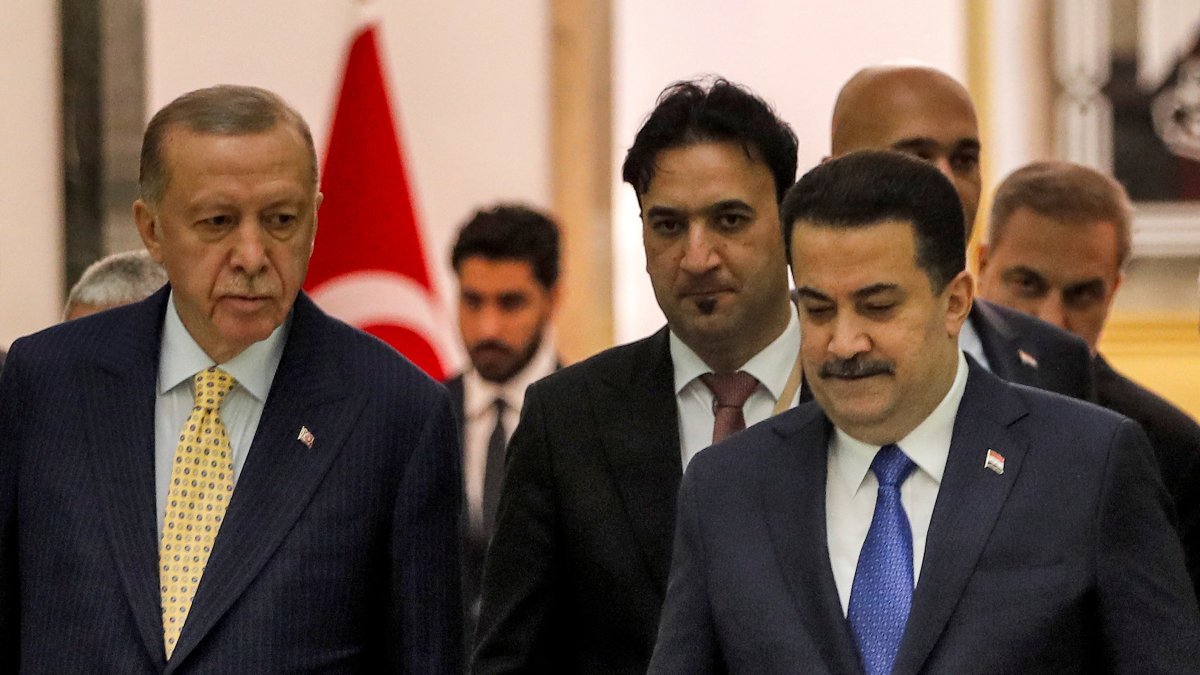
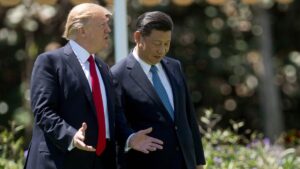
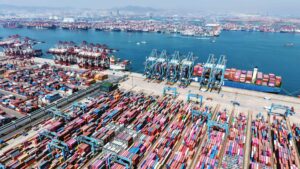
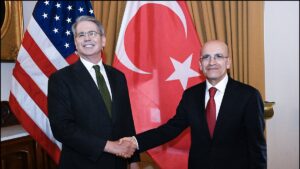
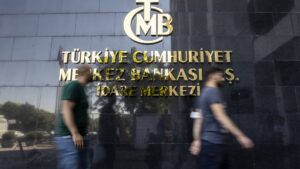
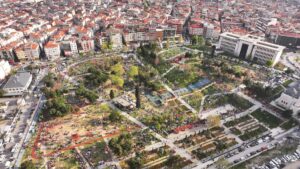
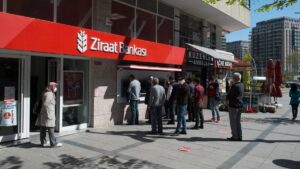
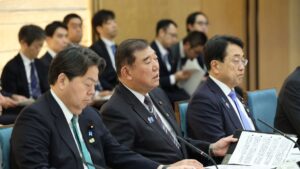
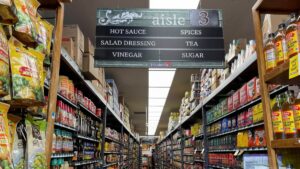


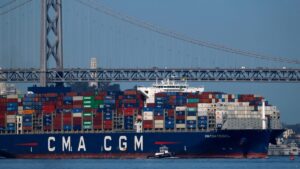
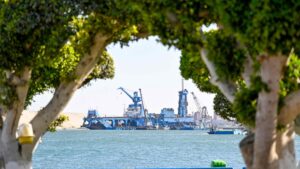
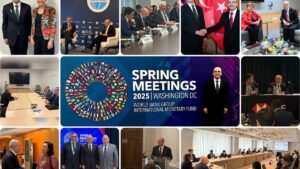

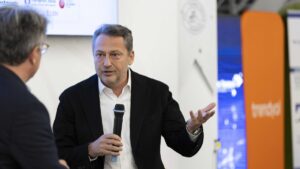


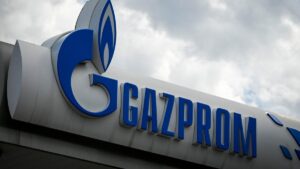
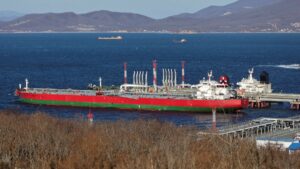
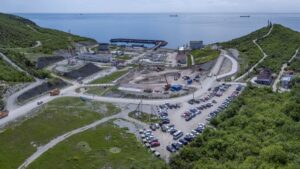

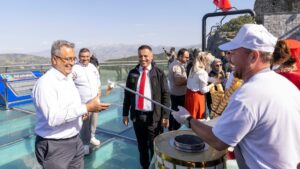
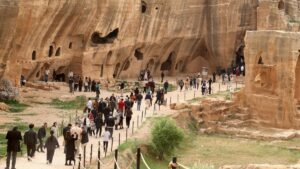

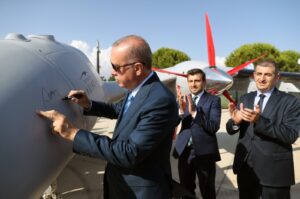

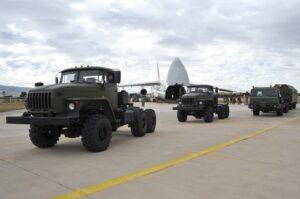

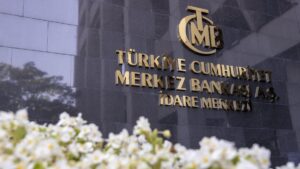
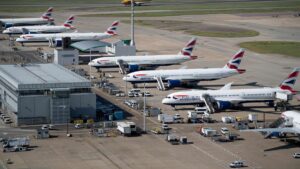
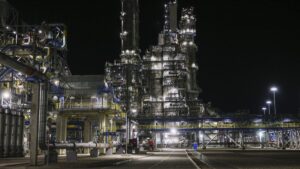
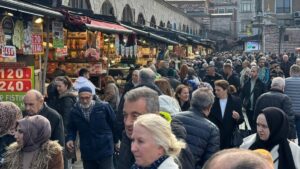

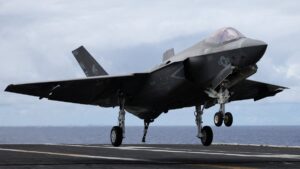
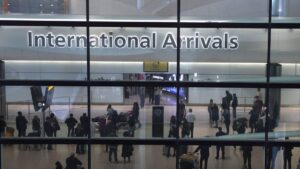


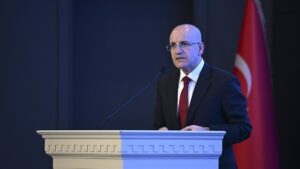

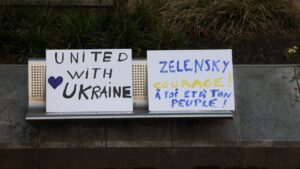

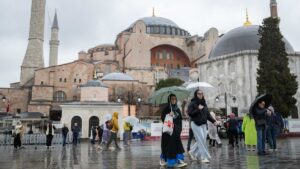
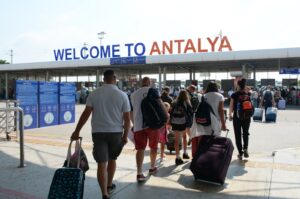
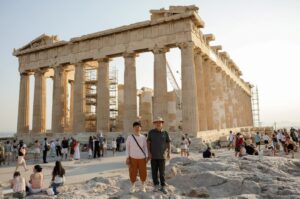
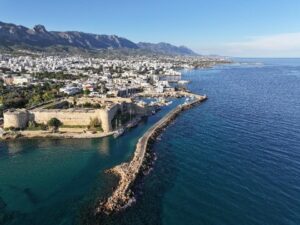
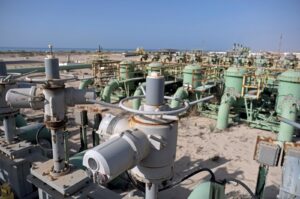
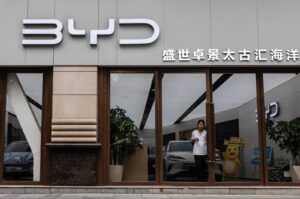
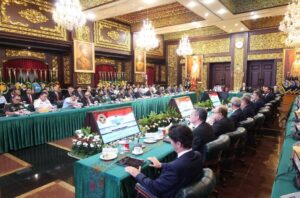


Be First to Comment